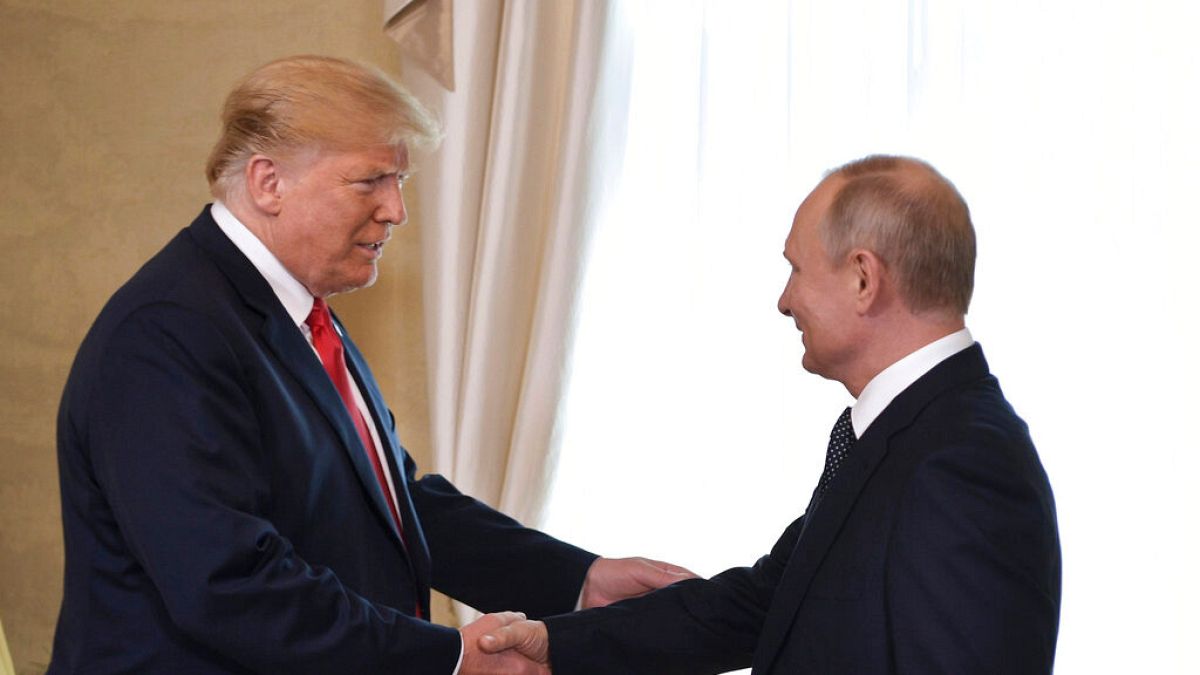Israel to Trump: It would be ‘better’ to stay in the Paris Agreement
Middle East conflict has been inescapable at the COP29 climate talks.
BAKU, Azerbaijan — One of Donald Trump’s closest international allies has advised him against withdrawing from the Paris global climate pact that America signed in 2015.
Asked whether Israel supported the U.S. president-elect’s plan to leave the Paris Agreement, Israel’s Special Envoy for Climate Change and Sustainability Gideon Behar said: “The more people that will remain … is better.”
The effort to curtail dangerous global warming was “an international effort,” he added. The Paris deal asks countries to make voluntary cuts to their greenhouse gas emissions. It has been signed by almost every nation on Earth. Only Iran, Libya and Yemen have failed to formally ratify the agreement. Trump has vowed to pull the U.S. out, as he did during his first term.
In an interview on the sidelines of the COP29 talks in Azerbaijan, Behar stressed the U.S. was Israel’s “strongest ally and closest friend” and that relationship would continue “with every president, every party in power.”
Joe Biden’s administration has militarily supported Israel’s yearlong war in Gaza — which has killed tens of thousands of people in retaliation for a violent attack by Hamas militants against Israel in October 2023 — and against Iran and its proxies in the Middle East. Trump has said he will to continue to back Israel.
Behar said clean technologies like desalination, renewable energies and cutting water use in agriculture presented economic opportunities in which Israel and the U.S. could share.
“The potential is huge and big and very good prospects for businesspeople from both sides in these areas,” said the Israeli ambassador.
Behar said Israel viewed the talks in Baku as an opportunity for his country to talk to others in the eastern Mediterranean and Middle East about strengthening the arid region’s defenses against climate change. He was upbeat about those discussions, which he said were continuing despite the wider conflict.
“For us to participate here is an important sign that despite the situation in Israel, the war etc., we are an engaged member of the international community,” he said.
He said Trump’s first presidency had begun a normalization of relations between Israel and some of its Arab neighbors through the agreement known as the Abraham Accords.
“Trump has initiated the Abraham Accords very successfully,” he said. “We really hope that we will continue and also to see the Abraham Accords expanding and creating more possibilities for regional cooperation in every aspect, including the climate, food security, water, etc.”
He touted Israel’s expertise in water recycling and drip irrigation and said the country had trained experts from around the world to use and recreate their technologies.
It was “only by collaborating and working together we can create this resilience,” he said.
But the conflict engulfing the region was inescapable at the climate talks. During a summit of world leaders, held Tuesday and Wednesday, several Middle Eastern presidents and prime ministers used their address to condemn Israel.
Turkish President Recep Tayyip Erdoğan accused Israel of “massacring children, women and elderly … This is a heavy humanitarian and an environmental disaster, and those who are responsible should be held accountable in international court.”
Behar conceded the war — which has devastated Gaza, displaced millions, created a humanitarian crisis and caused major damage in southern Lebanon — “doesn’t contribute for sure” to the region’s resilience.
“After this conflict is finished, it will be easier to foster regional cooperation,” he said.
What's Your Reaction?



















































